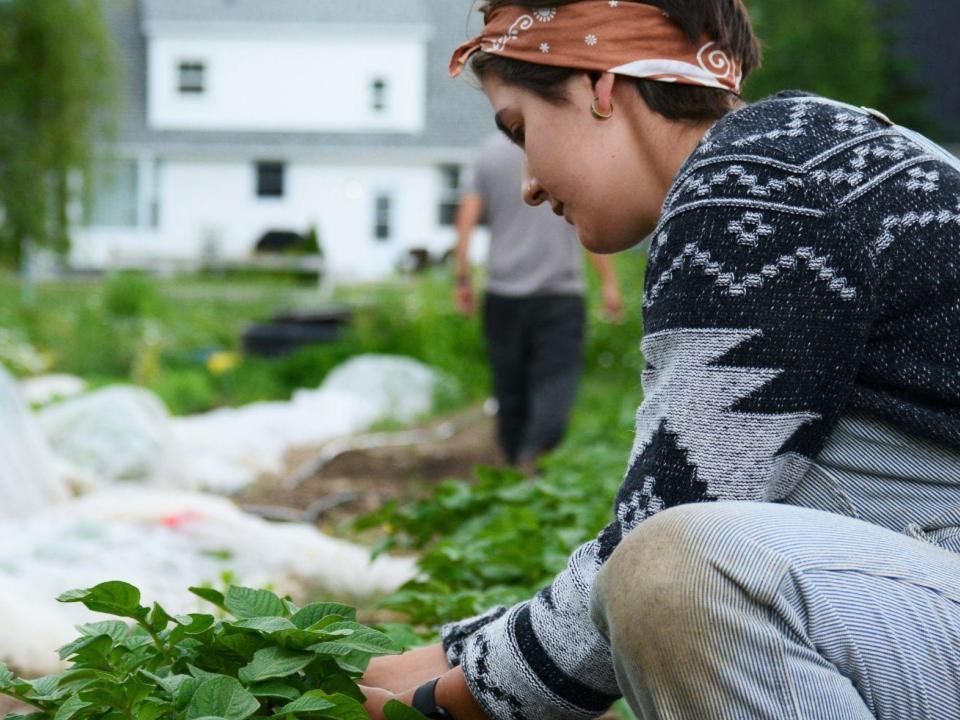Reciprocity and Connectedness Professor-Student Reflections on Experiential Nature-Based Psychology Course
Main Article Content
Abstract
In this collaborative professor-student contribution, an experiential nature-based university psychology course is described and discussed. Existing scholarship on experiential environmental education informed the course, with the overall aim of educating the “whole student”. Experiential environmental education has been identified as having the potential to provide a diverse spectrum of short-term and long-term outcomes such as positive changes in pro-environmental attitudes and behaviors, enhanced nature connectedness, and resilience. By attending to the development of the course, content topics, and experiential practices and assignments, the authors reflect on how reciprocity and connectedness formed two fundamental threads throughout the course. These two linchpins formed discrete lecture topics and were also incorporated into other topics, such as traditional ecological and Indigenous knowledges and settler colonialism, to provide a critical lens through which current decontextualized Western approaches to knowledge were probed. Specific nature-based experiential practices, such as a regular sit-spot (non)activity and guided forest bathing walks, are described with attention to how these practices both were informed by and elicited reciprocity and connectedness. The experiential focus of the course highlights the relevance of holistic environmental learning where students are encouraged to adopt embodied engagement and multi-sensory explorations in their learning.
Article Details

This work is licensed under a Creative Commons Attribution 4.0 International License.

